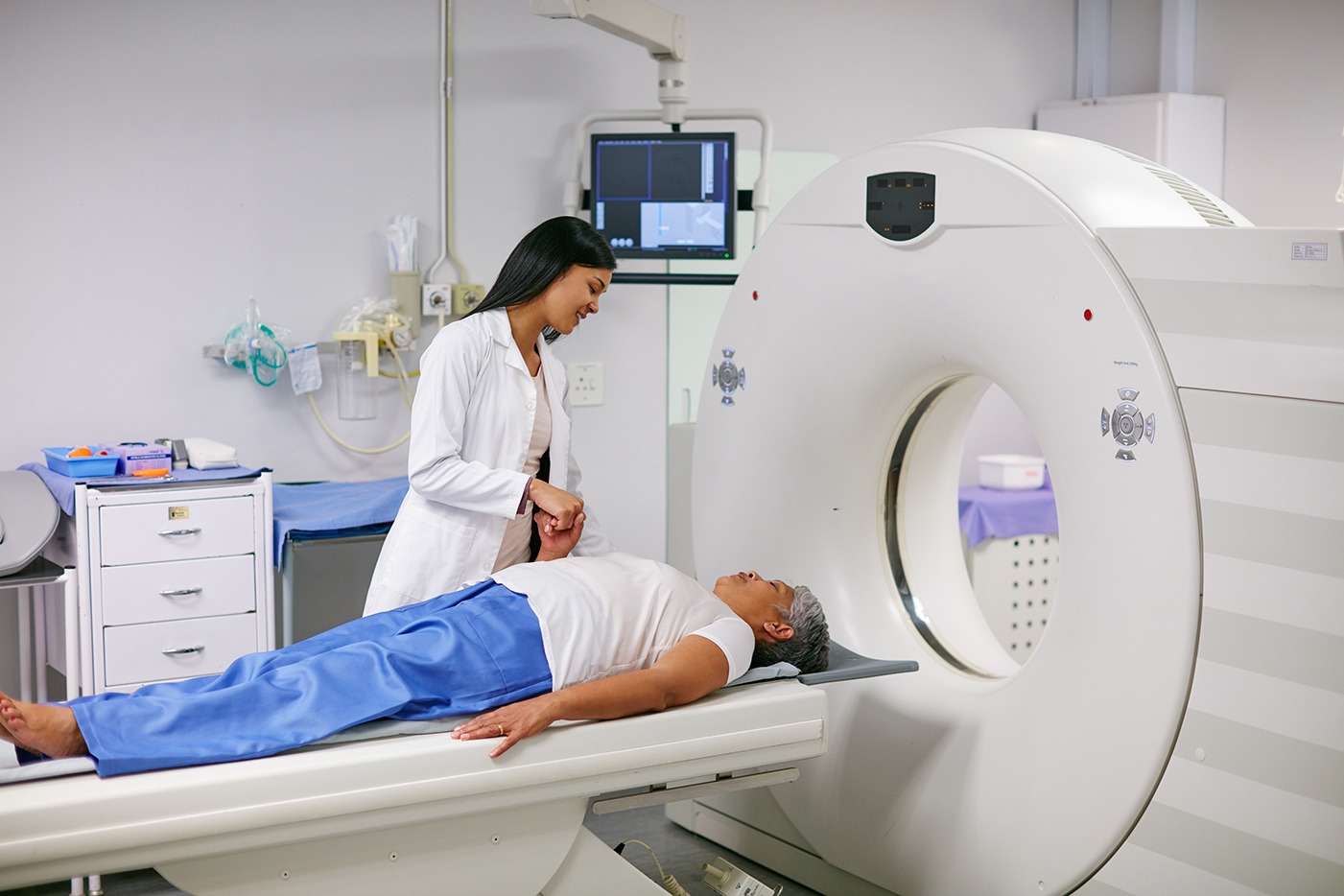Why is a Hip Joint MRI Important?
An MRI of the hip joint can detect a range of problems that are not visible on X-rays, making it a valuable diagnostic tool. Here are some of the common reasons why you might need an MRI scan of the hip joint:
1] Hip Pain and Stiffness - If you're experiencing unexplained hip pain or stiffness that doesn't improve with conservative treatments, an MRI can help identify the cause. It can uncover issues like inflammation, tendon tears, or cartilage damage that may be responsible for your symptoms.
2] Hip Joint Effusion - Hip joint effusion refers to the accumulation of excess fluid in the joint, often due to inflammation or injury. An MRI is a highly effective method for detecting joint effusion and can help diagnose conditions like arthritis, infections, or synovitis (inflammation of the joint lining). Hip joint effusion MRI is often used when there is unexplained swelling or pain in the hip joint.
3] Arthritis and Degenerative Conditions - MRI scans are highly effective at detecting early signs of arthritis, particularly osteoarthritis and rheumatoid arthritis. MRI can show changes in the cartilage, synovial lining, and bone that might not yet be visible on X-rays.
4] Fractures and Bone Abnormalities - While X-rays are often used to detect bone fractures, MRI can reveal bone marrow edema (swelling in the bone), stress fractures, and other bone abnormalities that might not be seen on traditional X-rays.
5] Tendon and Ligament Injuries - The hip joint relies on tendons and ligaments to provide stability and facilitate movement. MRI is useful for identifying tears or damage to the tendons (such as the hip flexors or gluteal tendons) and ligaments (such as the iliofemoral ligament) that can occur due to trauma or repetitive use.
6] Soft Tissue Tumors or Cysts - MRI is the gold standard for detecting soft tissue growths like tumors or cysts that may develop in or around the hip joint. These could be benign growths, such as baker’s cysts, or rare tumors that need further investigation.
Hip Joint MRI Cost Pune
The cost of a Hip Joint MRI in Pune is starts from Rs.2500/-. This price may vary depending on the clinic, the type of MRI machine used, and additional services offered. A hip joint MRI is used to diagnose issues such as joint pain, arthritis, ligament or tendon injuries, and cartilage damage. For precise pricing and availability, it’s recommended to consult local diagnostic centers in Pune.
How Does an MRI Hip Joint Work?
1] Preparation: There’s generally no special preparation required for an MRI scan of the hip joint. However, patients are usually asked to remove any metal objects, including jewelry, before entering the MRI room, as metal can interfere with the magnetic field.
2] Positioning: During the MRI, you will be asked to lie down on a movable table. The hip joint will be positioned inside the MRI machine. The technician may ask you to adjust your position to ensure the hip joint is properly aligned for optimal imaging.
3] The MRI Process: Once in position, the MRI machine generates a strong magnetic field that aligns hydrogen atoms in your body. Radio waves are then used to create detailed images based on how these atoms react to the magnetic field. These images are processed by a computer and can be viewed on a monitor by the radiologist.
4] Duration: The MRI scan of the hip joint typically takes between 20 to 45 minutes, depending on the complexity of the scan and whether contrast dye is used to enhance the images.
5] Contrast Dye: In some cases, a contrast dye may be injected into the joint to highlight certain areas and provide clearer images, especially in cases of inflammation or effusion.









